Huiszoeking door de VrijMiBo
Het is weekend. We nemen iets in beslag.
In klamme droom zoek ik
Een harnas te ontwerpen waarin
Niemand me kan treffen, bouw ik
Schuilkelders in lood, huil ik
Om een idee een woord die zouden
Een zachtaardig dier verwekken.
's Morgens schijnt mijn angst misplaatst.
De bomen staan er rustig en zelfzeker.
Even zelfzeker haten
De kinderen elkander.
Een bang mens stemt de buren onbehaaglijk.
Ze brengen de politie op de hoogte.
Het blijkt dat ik de wet
Niet naleef.
Prettig weekend. En be nice.
Abram de Swaan Anti-Israëlische enthousiasmes en de tragedie van het blind proces, De Gids. Jaargang 168 - DBNL
dbnl.org
Op deze pagina lees je de tekst 'De Gids. Jaargang 168'

'Artist at work': Holbein's drawings of the Tudor Court | Art UK
artuk.org
Discover artworks, explore venues and meet artists. Art UK is the online home for every public collection in the UK. Featuring over 300,000 artworks by over 50,000 artists.
The centre of Athens, back in the year 1930! pic.twitter.com/uuGrNG8UDO
— βάλλ' εἰς κόρακας🏺🇬🇷 (@meticusdeatenas) March 12, 2024

Het Concilie van Nikaia - Mainzer Beobachter
mainzerbeobachter.com
Het concilie van Nikaia legde een leer vast voor het christendom, maar welbeschouwd had het meer met platonisme van doen.
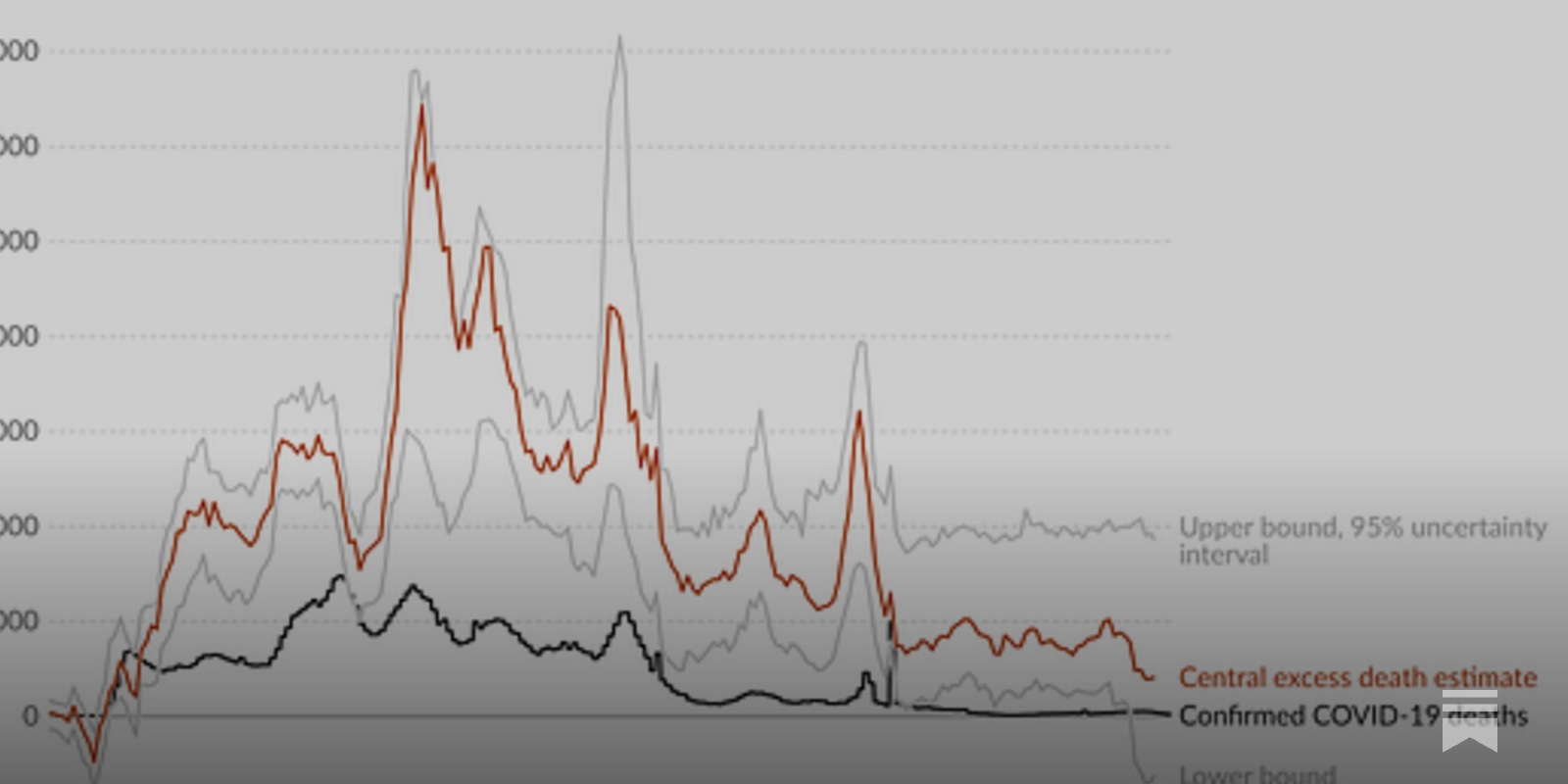
COVID Still Makes Everybody a Little Bit Crazy
substack.com
(and some people a lot)

De talent-paradox: hoe beter iedereen om je heen is, hoe meer je succes wordt bepaald door... toeval
decorrespondent.nl
Toeval bestaat niet, zeggen voorstanders van hard werken (en mensen die succes hebben gehad). Maar juist in de sectoren waar zulke slogans het luidst klinken, speelt toeval de grootste rol in het bepalen van succes. Hoe dat werkt, valt te lezen in een fantastisch boek over het Duitse jeugdvoetbal.
https://t.co/sncydDq3ei pic.twitter.com/3ZxopeS5l4
— Ezzer.bsky.social (@bloodvex) March 14, 2024
Terfs are the new punks
spectator.co.uk
John Lydon was recently criticised for his comments about immigration. He also backed Brexit, along with The Smiths’s Morrissey.
Uw dilemma over planten water geven is in het klein wat er in de formatiegesprekken in het groot gebeurt
volkskrant.nl
Ionica Smeets beantwoordt lezersvragen met wiskunde. Deze keer: water geven.

Game theories: is the head vs heart distinction real?
spectator.co.uk
When you play a game – cards, backgammon, chess – should you listen to your head or your heart? Do you sit there coldly calculating the odds, or do you go with a hunch, gut instinct, your sixth sense? It’s a question I’m discussing with Marcus du Sautoy as we sit in the Beaumont Hotel
Dutch King William III brought a lot of it's elements to England.
— Erik Bootsma🌸🇳🇱 (@ErikBootsma) March 15, 2024
It was extremely popular at time that the English were settling Virginia and building towns like Williamsburg and founding The College of William and Mary.
Virginia architecture is Dutch. pic.twitter.com/zhsjBofsLt
https://t.co/Ft0yLa1Tyb pic.twitter.com/N97nXRLRfy
— Daniel 🇻🇦 (@cIasschristian) March 13, 2024

Ep. 216: Eric Schliesser - Is Post-Liberalism Already Here? | The Curious Task
podbean.com
Alex speaks with Eric Schliesser about the growing declarations of the end of liberalism and what this means for the socio-political future in general. Episode Notes: Eric Schliesser’s page at the University of Amsterdam https://www.uva.nl/en/profile/s/c/e.s.schliesser/e.s.schliesser.html#Publications Kevin Vallier’s episode of this podcast discussing religious anti-liberalism: https://thecurioustask.podbean.com/e/197-kevin-vallier-what-are-the-new-religious-threats-to-liberalism/ Adrian Vermeulen’s publications https://hls.harvard.edu/faculty/adrian-vermeule/ Tom Pink’s page at King’s College London: https://www.kcl.ac.uk/people/thomas-pink Yoram Hazony’s book on conservatism: https://www.kcl.ac.uk/people/thomas-pink Jacob Levy on borders and liberalism: https://www.niskanencenter.org/law-and-border/
Feyerabend, Open Exchange, and Collective Decision-making
substack.com
I have been asked (recall) to comment on a paper by Stephen Turner (USF) that is forthcoming in Epistemology and Philosophy of Science 2024. Turner treats Feyerabend’s account of the coercive nature of science as a kind of (partial) anticipation of recent interest in testimonial injustice. In particular, according to Turner, for Feyerabend “the role of epistemic coercion in science and in society in general was intrinsic and ineliminable.” As





































